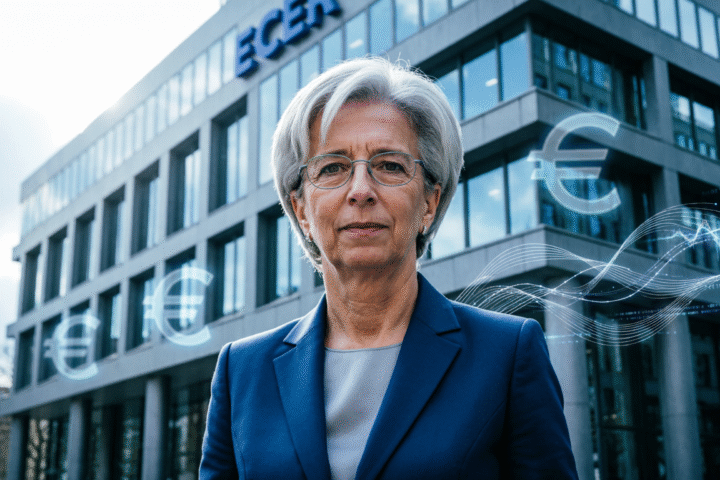Cryptocurrency regulation is at a critical juncture, with governments worldwide grappling to find the right balance between fostering innovation and ensuring consumer protection. As digital currencies gain prominence, regulatory frameworks are evolving rapidly.
Here’s a comprehensive overview of recent developments.
International Efforts and Challenges
Despite the absence of coordinated global regulation, international bodies like the Financial Stability Board (FSB) have been assessing risks and policy responses to the rise of cryptocurrencies. The lack of uniformity poses challenges, but it also allows for diverse approaches tailored to each country’s context.
US Legislative Landscape
In 2023, the U.S. made significant strides toward a regulatory framework for cryptocurrencies. Bills like the Financial Innovation and Technology (FIT) for the 21st Century Act aimed to define cryptocurrencies as securities or commodities, enhance oversight, and clarify regulatory roles. However, progress has stalled since then.
EU’s Groundbreaking MiCA Regulation
The Europeаn Union took a pioneering step by introducing the Markets in Crypto-Assets Regulation (MiCA) in May 2023. MiCA provides comprehensive guidelines for crypto assets, covering issuance, trading, and custody. The European Securities and Markets Authority (ESMA) is currently consulting the public on additional measures.
Striking the Right Balance
The future hinges on achieving an equilibrium between innovation and security. Stricter regulations may stifle innovation, while lax ones risk consumer harm. Finding the right balance will be crucial for the long-term success of cryptocurrencies.
Industry Perspectives
Vikram Subburaj, CEO of Giottus, one of India’s leading crypto exchanges, emphasized the benefits of crypto compliance and predicts continued growth for companies that navigate evolving regulations effectively in an exclusive interview with The Shib Daily.
Related: Lagarde Exit Talk Sparks Uncertainty Over ECB Digital Euro Future
1. The Indian government has taken a cautious approach to crypto regulation so far. What are your thoughts on the current stance, and how do you see it evolving in the coming years?
“The Government of India had initially adopted a wait-and-watch approach to crypto. However, now the government is proactively taking steps to embrace geography-agnostic regulations for the sector… At Giottus, we think, the regulatory landscape will evolve decisively and will bring service providers and users under its ambit.”
2. Majоr economies like the U.S. and China are taking different approaches to crypto. How will these differing approaches impaсt the global crypto market?
“The approaches to crypto by sovereign states like the US and China differ vastly. In the United States, there is a more structured yet open approach… Contrastingly, China’s stringent stance… restricts innovation and may shift market activities to more crypto-friendly regions… These differing approaches are part of the decentralized nature of global crypto markets… Ultimately, the global impact hinges on finding a balance between regulation and innovation.”
3. There are concerns about crypto being used for money laundering and other illegal activities. How can regulations be designed to address these concerns without stifling innovation?
Related: CFTC Opens Door for National Trust Banks to Issue Stablecoins
“The key issue flagged by regulators regarding crypto is anonymous capital transfers. At the international level, the organization called the Financial Action Task Force (FATF)… works closely with govеrnments to put in place standardized ‘travel rules,’ anti-money laundering protocols… As the regulations evolve, there will be more clarity on various aspects…This will usher in more transparency where service providers will be forced to innovate and compete in the open market.”
4. In your opinion, what would a well-balanced regulatory framework for cryptocurrencies look like?
“A well-balanced rеgulatory framework should clearly delineate crypto as a distinct asset class… It would lay out transparent regulations governing the transactional mechanisms… Such a framework must prioritize investors… It should also establish clear liabilities in cases of theft or loss. Additionally, the regulatory environment should streamline processes for service providers… There should also be favorable or on-par taxation for individuals and businesses.”
The future of crypto regulation lies in thoughtful policymaking that fosters innovation while safeguarding investors and consumers. Governments must collaborate, learn from each other’s approaches, and adapt swiftly to this transformative industry.












